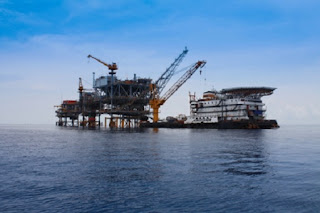Plan of Development: “Plan to develop one or more oil & gas field in an integrated way in order to produce the hydrocarbon reserves optimally by considering the technical, economics and HSE aspects”. POD is the key point in Oil & Gas Business of Indonesia Upstream Oil and Gas Industry. POD is a guideline for KKKS to operate their project. There is a planning program that describe of project activity during the contract. In the Indonesia PSC Term, POD, WP&B and FQR is the integrated aspect that every KKKS should propose to SKKMIGAS. Therefore, between SKKMIGAS and KKKS should have the same perception all about aspect of POD, WP&B and FQR especially about the basic principle, mechanism & procedure, system and operational guidance.
COURSE CONTENT:
1. Overview of Upstream Oil Business
2. Oil & Gas Production Profil
4. Oil & Gas Price
5. Sharing Mechanism
6. Project Economics
7. Risk Analysis


